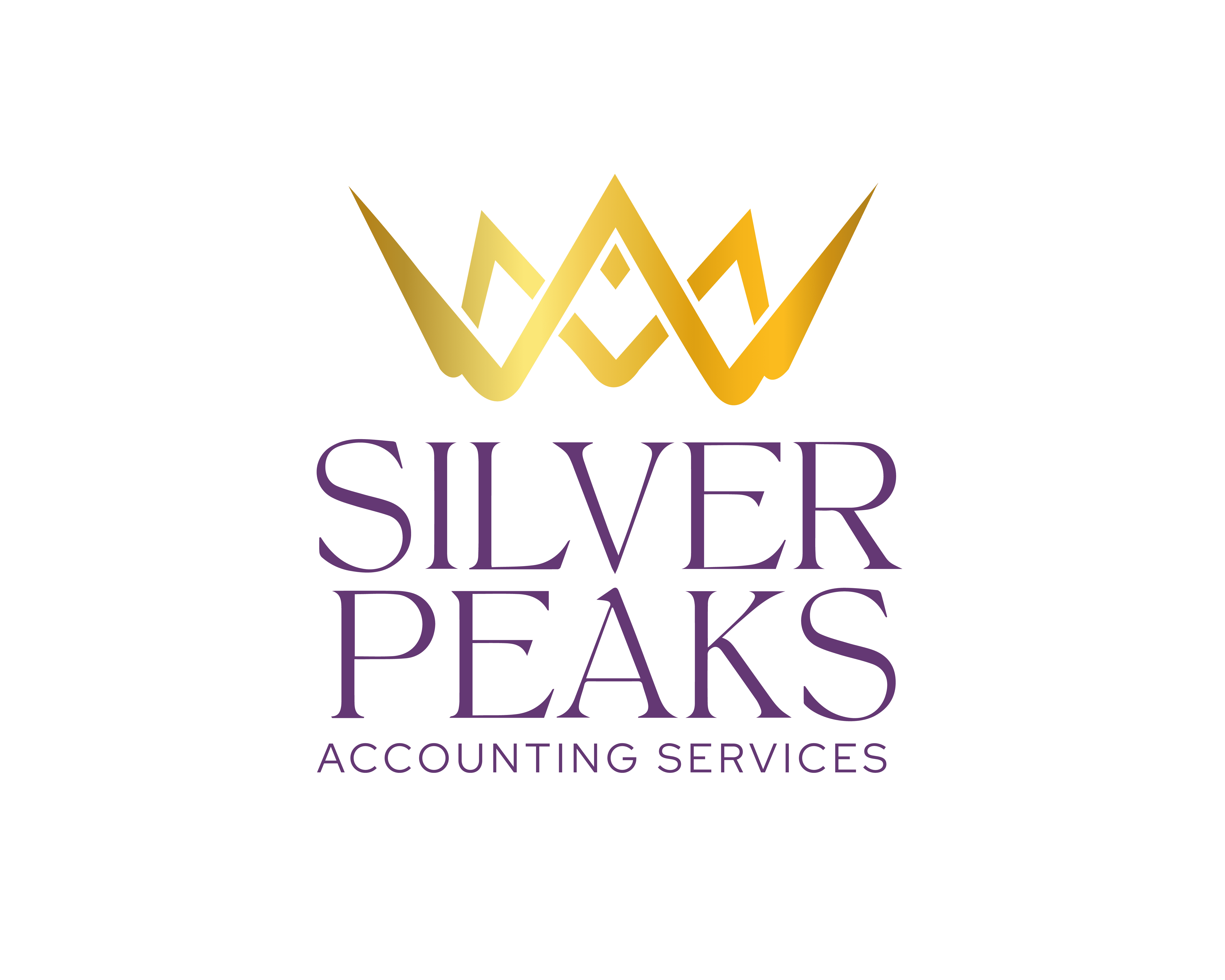Many fraud investigations focus on financial statements. Because cash is the most commonly stolen business asset, fraud experts regularly scrutinize statements of cash flow for signs of misappropriation and fraudulent disbursements. If you suspect occupational fraud and request an investigation, here’s what the experts might find.
Unusual changes
Your statement of cash flows shows how cash changed during the year. Forensic accountants
generally look for amounts that seem unreasonable and for increases or decreases in accounts that seem to contradict trends in operating cash flows or other financial information.
The statement of cash flows is typically broken down into three categories:
1. Cash from operations,
2. Cash from investing activities, and
3. Cash from financing activities.
Fraud experts often apply ratio analysis to detect unusual changes that might indicate fraud — for example, comparing changes in cash from operations to new loan proceeds and changes in dividends paid. If a company reports an increase in cash flow from operations, it’s unlikely to borrow money or seek additional capital from owners. Instead, it’s more likely to repay debt or pay dividends.
Stable relationships
Certain accounts tend to have stable relationships over time. An increase in one account generally brings a similar increase in a related account. For example, in many companies, there’s a predictable relationship between:
Revenue, accounts receivable and inventory, Inventory and accounts payable, and
Fixed assets and depreciation expense.
So if a company reports a significant increase in revenue in 2022, you’d expect to see a proportionate increase in receivables. Of course, not every disproportionate increase or decrease indicates fraud.
In some cases, red flags may indicate inefficiencies, poor business practices or erroneous accounting practices. But it generally pays to take a closer look.
Fraud suspected
These are only a couple of ways experts use statements of cash flows to detect theft. When you hire a forensic accountant, the expert will consider the type of fraud suspected (for example, a billing scheme, expense reimbursement fraud or check tampering) and other factors, such as your business’s internal controls.
Click here if you would like to schedule a time to chat.
Scroll down to subscribe to our blogs and have them sent directly to your inbox once a month!



